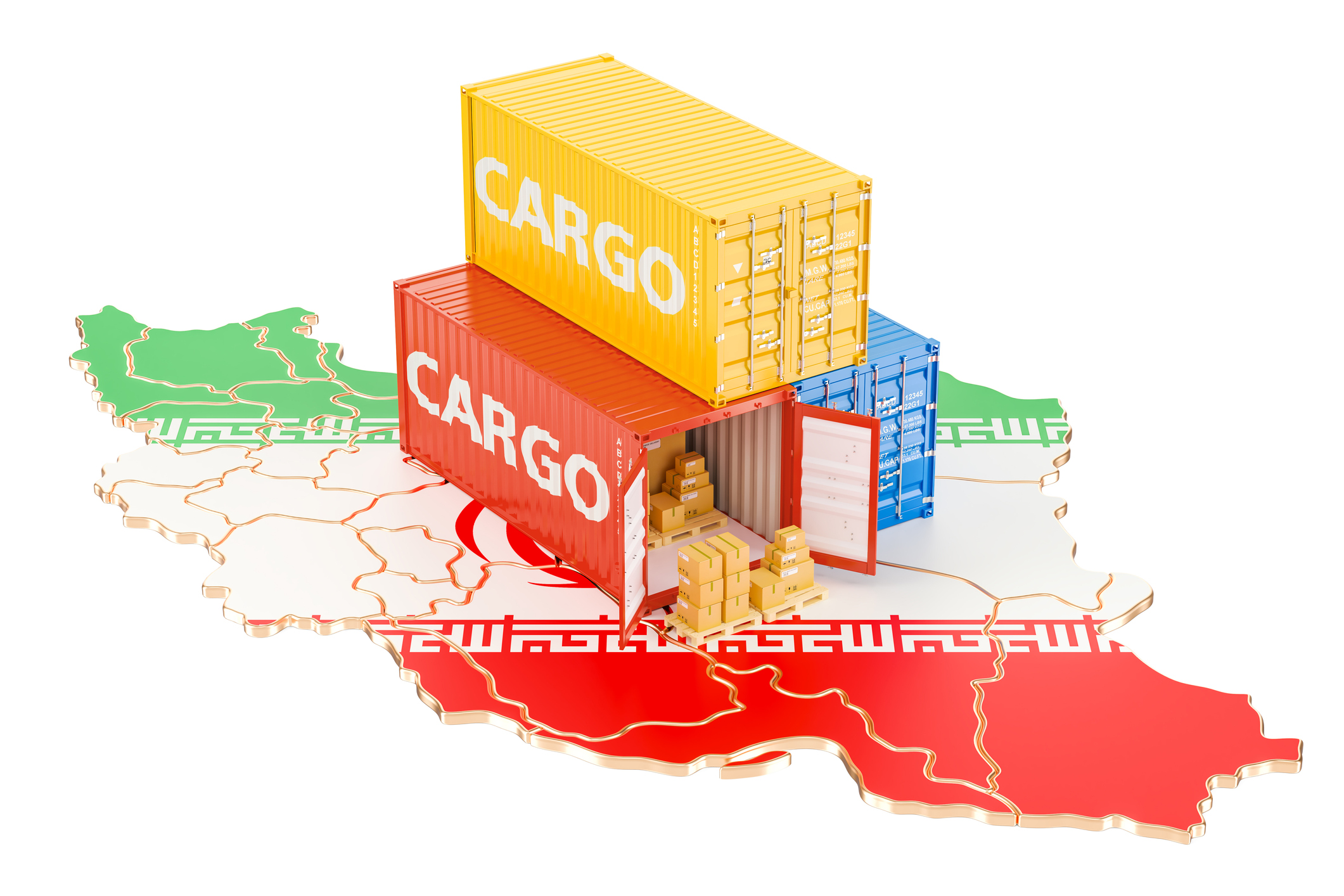Friday saw a product tanker called Purity seized by Iran, a third ship in quick succession, putting commercial shipping on high alert. On May 3 this year, the Panama-flagged, Greek-owned tanker Niovi was seized in the Strait of Hormuz. This seizure came after Iran captured the Marshall Islands-flagged suezmax crude tanker, Advantage Sweet, six days earlier which has increased tensions in and around the Persian Gulf. Iran stated that the crude tanker had collided with an Iranian tanker, leaving crew members injured and missing. However, the vessel was heading to Houston, Texas, with Kuwaiti oil which may indicate a political move against the United States. This hypothesis would be supported after the US seized an Iranian tanker a few days prior in an attempt to enforce sanctions. The US also took an Iranian-linked tanker in Greece last year, which may hint at a retaliation given the ownership of the tanker Niovi. It is certainly not the first incident of its kind, as back-and-forth seizures and attacks have been commonplace for commercial shipping in the area.
Iran is strategically positioned in terms of its ability to affect maritime trade. It is situated by the Persian Gulf, Gulf of Oman and Strait of Hormuz and is also close to the Arabian Sea. The Strait of Hormuz is particularly valuable, given that one-third of the world’s maritime oil trade passes through the narrow strait, which gives Iran accessible hunting grounds if it chooses to detain tankers. Iran has threatened to close the strait in the past, which would severely disrupt global oil prices. As such, tensions are high between Iran and the surrounding countries of Saudi Arabia, Doha, United Arab Emirates, Oman, Kuwait and Qatar.
When it comes to commercial shipping, Iran has conducted seizures and attacks in the past. For example, the Mercer Street was attacked by a suicide drone, killing two people from the security company Ambrey. An Israeli billionaire owned the vessel, and the action was thought to constitute grey-zone warfare between Iran and Israel. The Iranian nuclear deal and other political realities also affect these types of attacks. Iran has a close relationship with the Syrian government and was sending oil to Syria despite international embargoes. In 2019, Royal Marines seized an Iranian supertanker in the Mediterranean over fears it was transporting oil to Syria. In retaliation, Iran took the British tanker Stena Impero and it was only released after two months in captivity. Therefore, the recent seizure of the Advantage Sweet is nothing new and is simply a political tool to help Iran get what it wants.
Non-state actors such as the Houthi rebels in Yemen and Hezbollah in Lebanon are also sponsored by Iran. These groups, mainly the Houthi rebels, have conducted attacks on shipping. The Houthi rebels detained a United Arab Emirates ship over fears of weapons smuggling into Yemen, which the international community condemned as piracy. However, Saudi Arabia and Iran are moving towards improved relations and peace, which could help put an end to the war in Yemen. This could relieve tensions for shipping in the region, but whether a peace deal will follow through or last remains to be seen.
Overall, Iran has a significant effect on maritime security due to its strategic position and hostility with various countries. Whilst a peace deal with Saudi Arabia might increase security in the region, tensions with Israel, the United States and others will remain for the foreseeable future, which means that drone attacks and tanker seizures will also likely continue to be launched by Iran.


